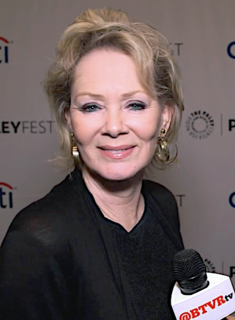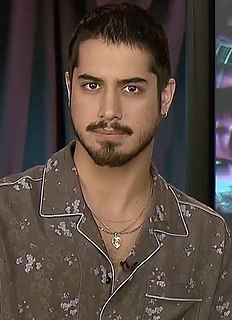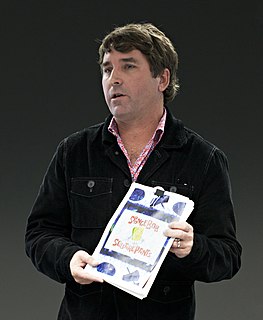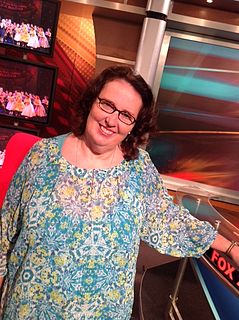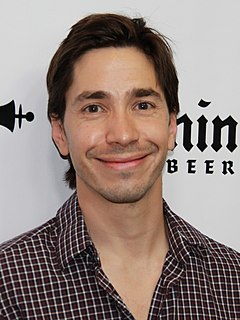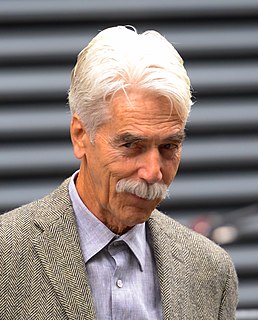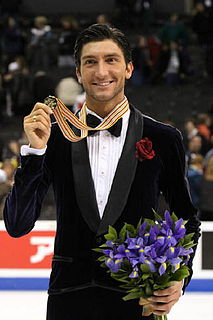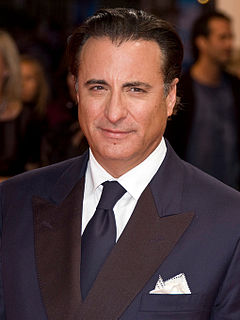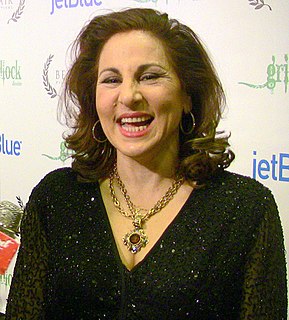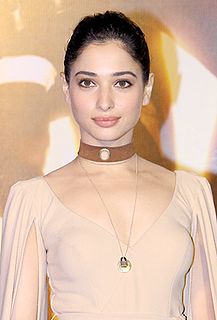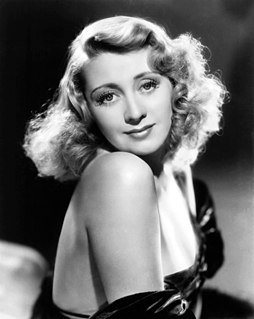A Quote by Jean Smart
I'm hoping to have a huge future in voice-overs. For years, people have said, 'I recognized your voice before I recognized your face!'
Related Quotes
I think the problem for the future generations is a lot of people ain't takin' the time to look for galvanizing artists and give them their voice, so therefore for their voice to be heard, they gotta bang more pots on the ceiling, so to speak; they gotta do crazy things just to get recognized. I just feel that whenever you don't give a generation some kind of voice, then expect side effects.
I think the problem for the future generations is a lot of people ain't takin' the time to look for them and give them their voice, so therefore for their voice to be heard, they gotta bang more pots on the ceiling, so to speak; they gotta do crazy things just to get recognized. I just feel that whenever you don't give a generation some kind of voice, then expect side effects.
I think that a huge positive that's come out of me having successful competitions as an athlete has been that, through the years it's become less and less about personal victory and more about strengthening a platform for me to have a voice in the world and I could really talk about anything I wanted to and I've chosen to make my voice be heard and be recognized for some of the charities that I really care about and work very closely with.
While voicing animations I use the same acting muscles, even more because you have to channel all into your voice, whereas when you're live-action you get props and scenery and other actors and your facial expressions and what happens to help you. It's not necessarily easier as an actor to do voice-overs, it's easier as a person.
